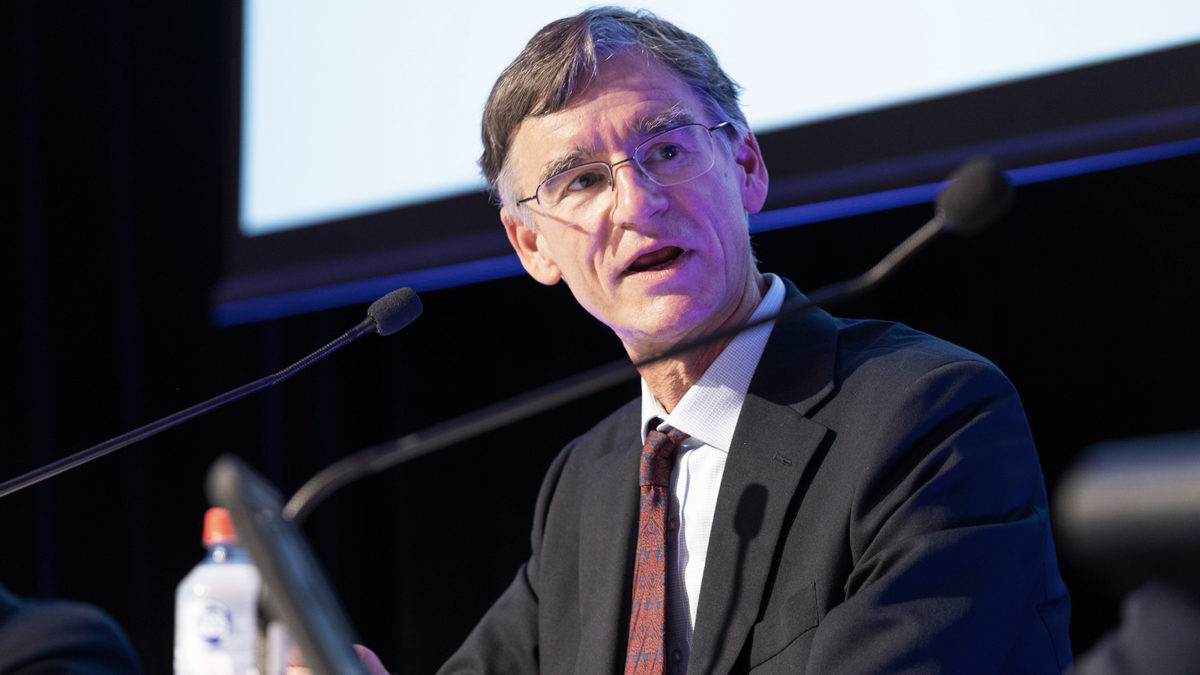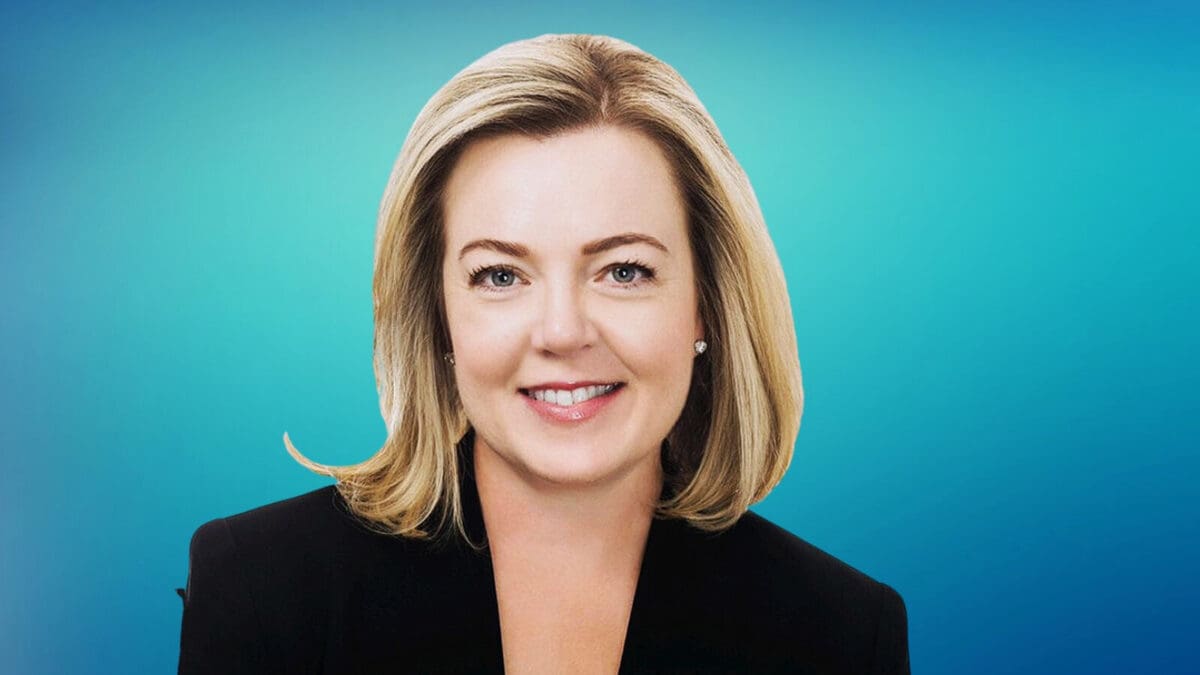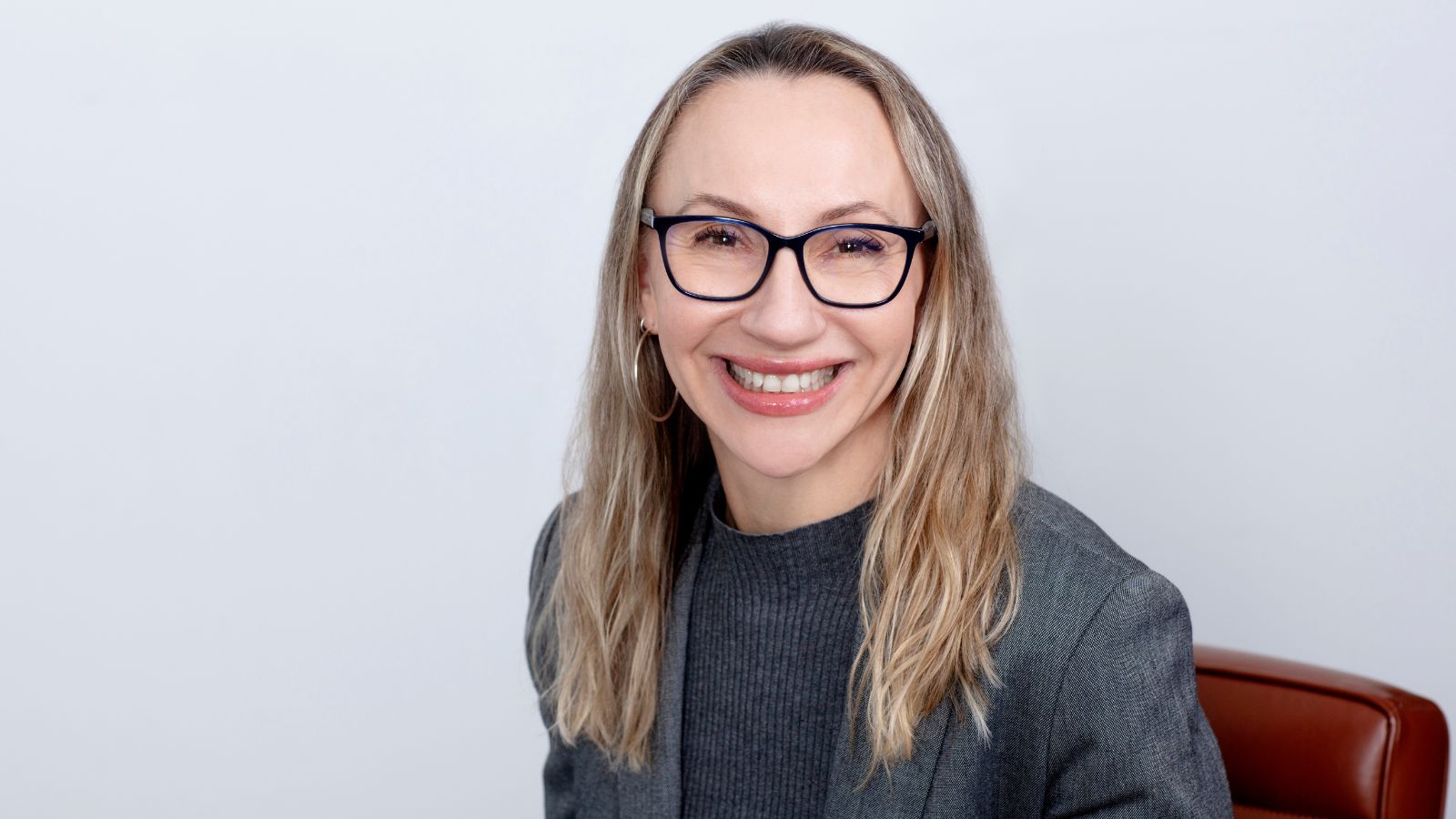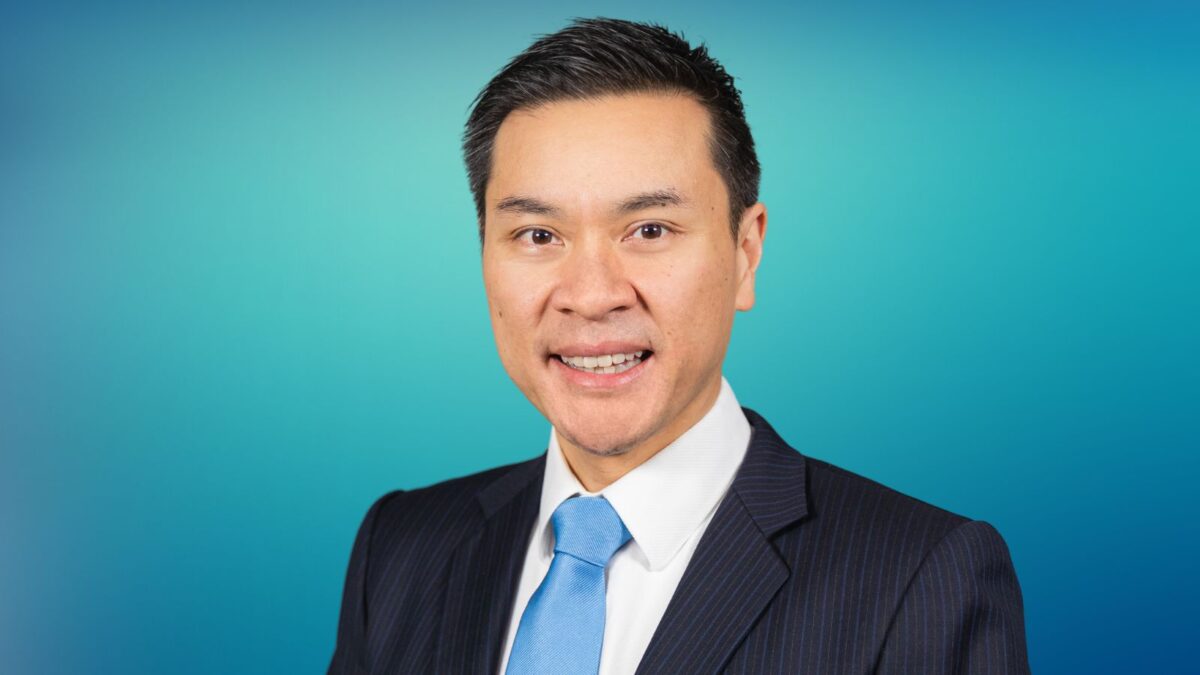Big global investors think passive die-hards could ‘learn some hard lessons’
Super funds, public and private pension funds and endowments think active management is back in a big way, according to a Natixis survey of their investment intentions, while alternatives are likely to play a new role in their portfolios.
The survey of 500 investment professionals managing US$34.8 trillion for a cross-section of institutional investors found that 68 per cent believe markets now favour active management in 2024, while a little over half think that investors who rely solely on passive are “likely to learn some hard lessons”.
“With investors’ money on the line, it’s no surprise that fund selectors are turning more towards active management to help navigate these challenging investment conditions,” said Louise Watson, Natixis country head for Australia and New Zealand. “Skilled active managers can help investors to navigate the risks of recession and market volatility, react more quickly when situations change, and help investors take advantage of golden opportunities such as AI.”
While allocations to passive funds have risen seven per cent over the last three years and are expected to rise even more over the next three, those plans might change with the market factoring that chunky passive allocations “no longer hold up”. And should recession fears be realised, 61 per cent of respondents think the downturn will show the “inadequacies” of passive investments.
“Ten years of artificially low interest rates, relatively no inflation, and outstanding market gains allowed passive to shine as the rising tide lifted all boats,” the Natixis report says. “That scenario changed dramatically in 2023 and nearly six in ten (58 per cent) report that the active investments on their platforms outperformed their passive offering in 2023. With rates looking to remain higher for longer, 68 per cent of fund selectors say markets now favour active managers.”
Meanwhile, half of respondents say the rise in the risk-free rate is leading them to pull back on allocations to alternatives, though they also see a broader role for them beyond their ability to generate income in a low-rate environment, with 41 per cent believing that private assets will provide a safe haven in the event of a recession.
“Recession fears are further reflected in other calls on alternative allocations,” the report says. “Gold/precious metals stands out as an indicator of concern, as 87 per cent say they will maintain (54 per cent) or add to (33 per cent) their holdings. Similarly, 83 per cent of selectors worldwide say they will maintain (57 per cent) or add (26 per cent) allocations to absolute return strategies.”
Around 65 per cent of respondents think stocks will be more volatile – though only a quarter think 2024 will be worse than 2022 – while interest rates ranked as the top portfolio risk as selectors grapple with picking the right time to lengthen duration. Valuations pose another risk, with 69 per cent of respondents warning that valuations still don’t match company fundamentals and three quarters predicting that markets will finally recognise that fact – and respond to it – in 2024.
“Fund selectors are realigning their investment strategies to account for increasingly volatile geopolitical forces and an uncertain macro-economic outlook,” Watson said. “If there’s one constant from the last two years, it’s uncertainty.”










